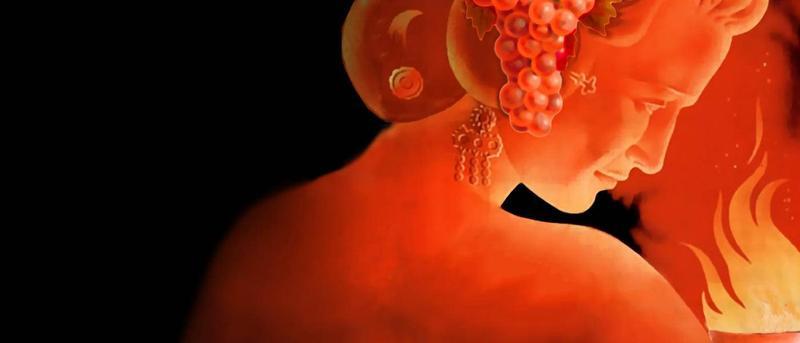Dionysos, Exciter to Frenzy : a study of the god Dionysos: history, myth and lore
Dionysos, Exciter to Frenzy : a study of the god Dionysos: history, myth and lore
This book is written from a Western Mystery Tradition viewpoint, and the material in this book is the interpretation of what has already been written about Dionysos, together with her own inspiration and ritual experiences.
These experiences are quite extensive: the author and her ritual group have worked with Dionysos and Hekate for several years. She does encourage her readers to reading the academic material about Dionysos by writers like Walter Otto, Karl Kerenyi and Robert Brown.
Dionysos is a ‘complex’ god and is called Dionysos Dimorphos, ‘dual-formed’ and Dionysos Dimetor, ‘born of two mothers’. “His dual nature bestows him the authority of a liminal god: he who stands on the threshold between the worlds as a god of prophecy and initiation, and he who traverses the processes of birth, life, death and rebirth.
As an ascended god Dionysos occupies the heavens, yet he also dwells in the depths of the underworld acting as a guide for souls, spirits and shades. As the bull-formed lord of death and rebirth, he is Dionysis Dikerotes, ‘the two-horned one’. He is the hunter, yet also the hunted – and he is dead, yet also alive; these cycles of opposition were the driving force behind his cult rites.
Dionysos offers us the joyous freedom of choice, yet he is also the toxicity that we ourselves administer by our erroneous decisions; he is Dionysos Bromios, ‘the roarer’ and loud-shouting god of pandemonium; ‘yet silence and stillness often fell upon those who were possessed by him’. Often symbolic of extreme and contrasting states of being, he embodies the primal emotions that drive us and makes us who we are.”
Not just the hedonistic god of lustful processions and drunken debauchery that he is taken for so often.
Vikki Bramshaw takes the reader along the multi faces and forms of Dyonisos, who – like his vines – spread throughout the ancient world. There are chapters on honey and mead, grapes and vine and on the animals associated with Dionysos.
There’s a chapter on his origins and one on ‘Sacrifice, dismemberment & rejuvenation’ and one on Dionysos as liberator. Freedom from imprisonment; the liberation of spirit; oppression and war; and social and civic liberation and equality.
There’s a chapter on Dionysos as a god of possession and the oracles and one on the god as Lord of Hieros Gamos. He is shown as a unique and diverse deity who is underrated and misunderstood, but still remembered, and still relevant.
By Jana/Wiccan Rede
Be the first to post a message!
